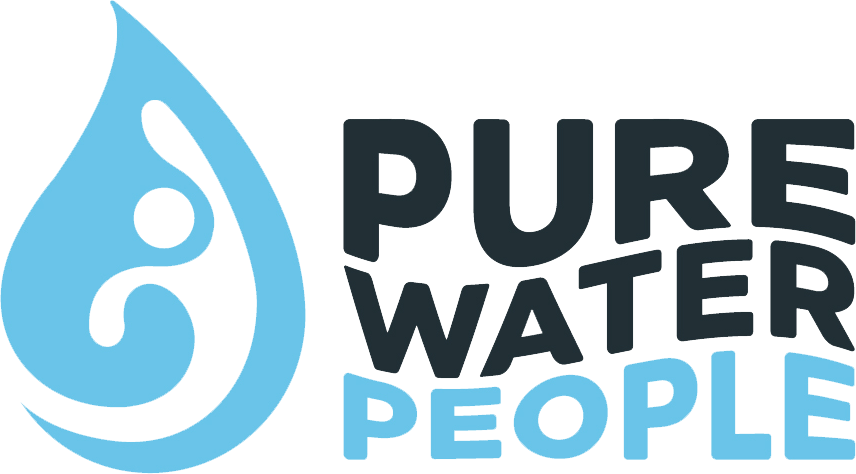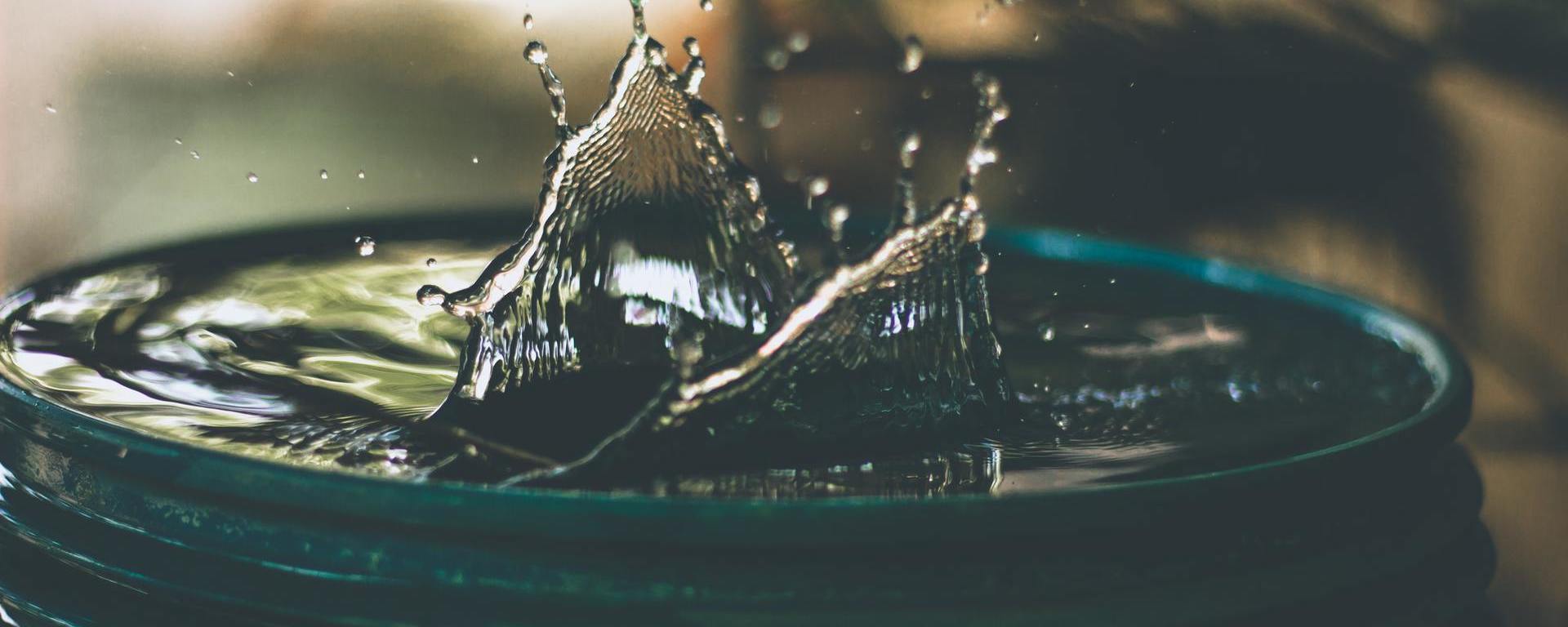How to Save Water at Home
Posted on 31st August 2022 at 09:48
In case you haven’t noticed, we’ve had a bit of a heatwave this summer. With parts of the country topping 40°C, there have been comparisons with the 1976 heatwave, increased concern over climate change and hosepipe bans in multiple areas of the country.
There is also the worry that heatwaves such as this to happen more often in the future – while a heatwave is a natural event, the idea here is that climate change and increased temperatures can influence the weather and make the situation worse. This goes hand in hand with droughts and water consumption; conserving water is an important thing and may well become even more important in the future.
But, while as individuals these big picture things like weather patterns and climate change are beyond our control, there are still things we can all do to help ourselves out a little and get more out of the water we use!
Saving water at home
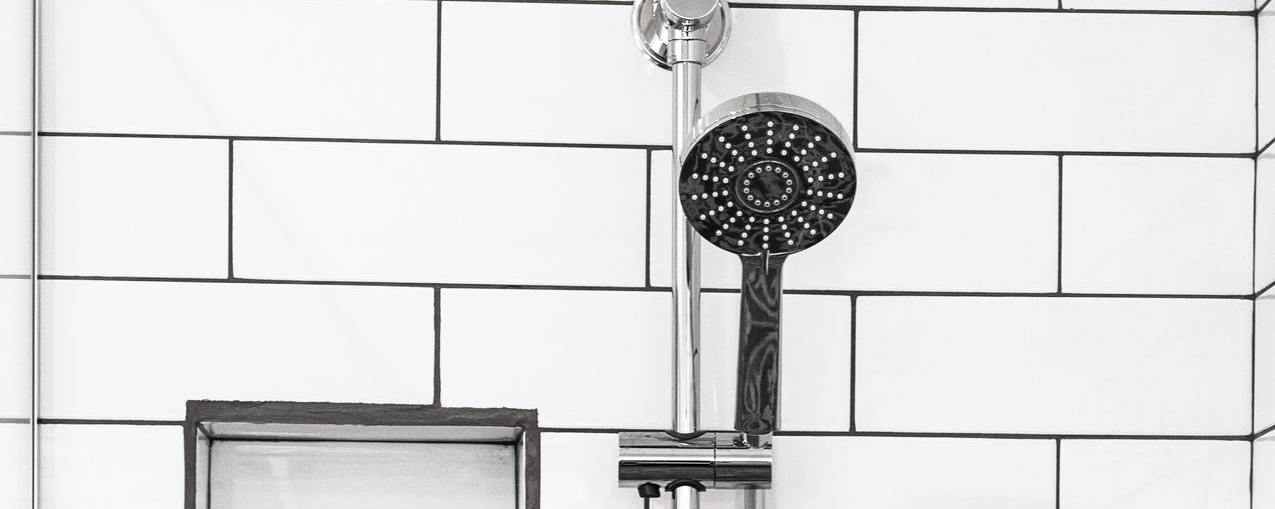
The small things make a difference here. Waiting until you have a full load before you put your clothes in the washing machine, turning off the tap as you brush your teeth (a running tap can use over 6 litres in a minute) and filling the kettle with the amount of water that you need, all help to reduce water usage.
Another thing that can REALLY add up is a dripping tap. It doesn’t look like it’s wasting much, but it’s more than you might expect. It can even be estimated that a tap, consistently dripping once every second, would waste a whopping 9000+ litres of water in a year. Of course, the actual, precise figure would depend on how often the tap drips and the volume of water is in each drip, but it goes without saying that it can really add up!
You’ve also most likely heard of the difference between running a bath and having a shower – don't get us wrong, this is a judgement free place and we appreciate that sometimes there’s nothing like a nice, relaxing soak. That being said...the numbers are again, quite surprising! A bath, filled a third of the way, takes about 75 litres. Okay, now what about a shower? A normal electric shower uses from 3 to 10 litres in a minute, with a power shower using between 10 and 16 litres per minute.
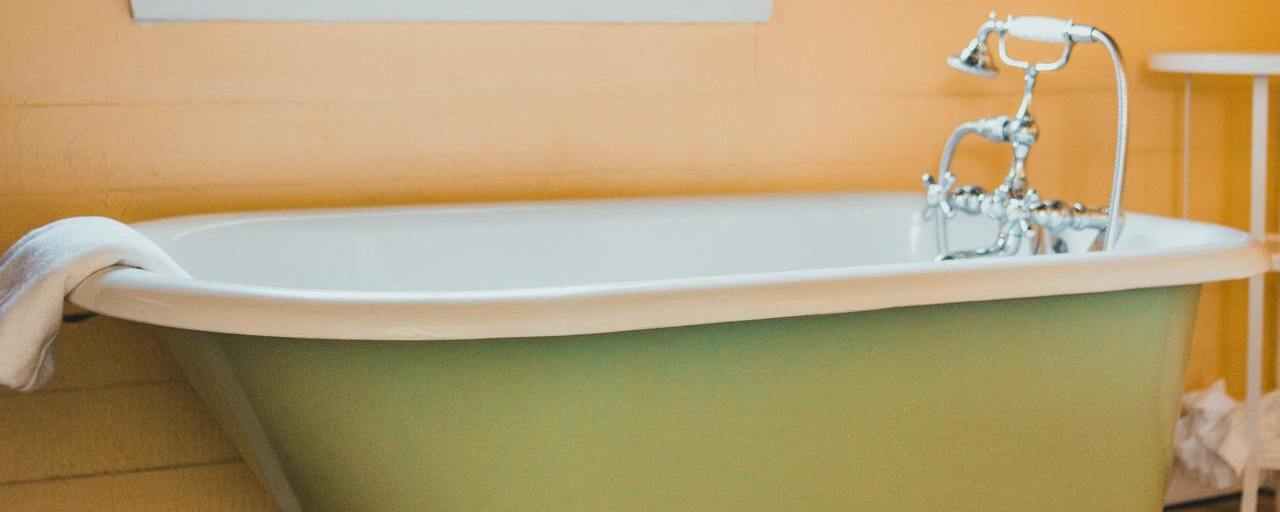
Using the higher water usage stats as an example, and according to that 75 litre figure for the bath, you could be in the shower for 7 minutes and still have used less water (4.5 minutes in the case of a power shower).
Of course, for the green fingered gardening enthusiasts out there, droughts and the resulting hosepipe bans are especially painful; BUT, there are also ways to save water as you maintain your garden!
Saving water in the garden
Timing is important when watering plants - when it's hot it's probably best to water your plants early in the evening. Watering them in full sunlight isn’t intrinsically harmful, but it would mean that water would evaporate more quickly and have less time to get into the soil.
But if you’re currently in the middle of a hosepipe ban? Well, the recent hosepipe bans in the UK still allowed the use of watering cans - it’s a good way to save water anyway, as a hosepipe or sprinkler system can use up to 15 litres per minute.
It’s also worth considering using a water butt; these are essentially tanks that collect rainwater. They come in various sizes, some come with a stand, some can be wall mounted – so it’s not only for especially large gardens, small gardens are catered to as well. It is thought that, if in a year every home were to collect and use just 160 litres of water this way, it could save up to 4 billion litres of water!
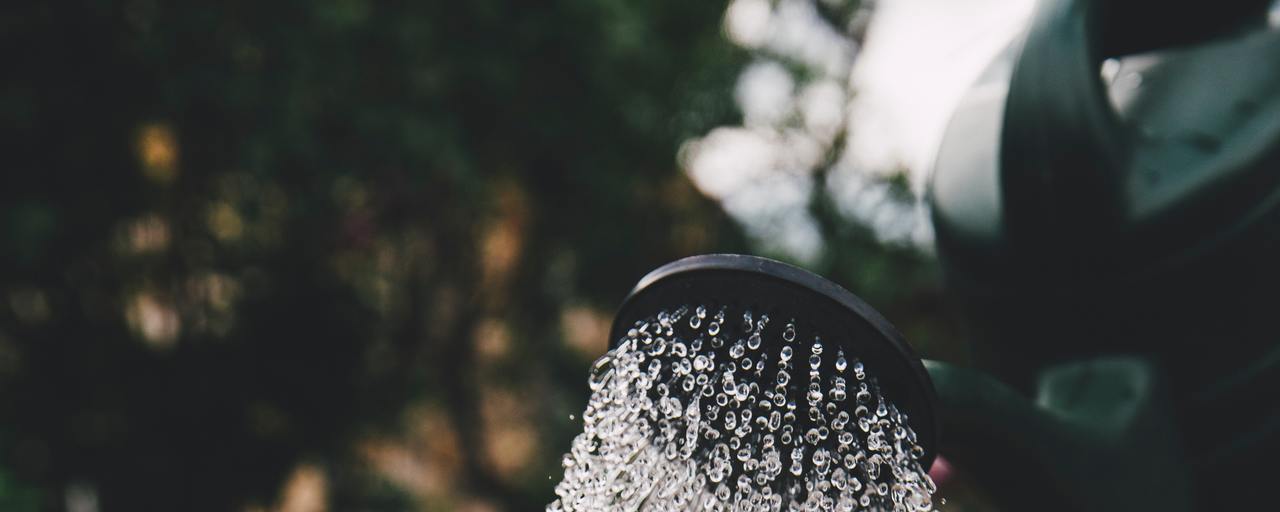
Another option is using grey water to water plants. Grey water is waste water from the home that isn’t considered sewage (it goes without saying – that is a crucial distinction to keep in mind). Examples include washing up water from the kitchen sink, bath water and even wastewater from washing machines and dishwashers. This not only makes good use of household wastewater, but saves on using fresh water.
Use plant-friendly cleaning products
Don’t apply grey water directly to plants, especially edible vegetables, but rather to the soil
Let the water stand for a while before using it, just to give any residual chemicals time to break down.
What if I want to improve my water at home?
Great question! Yes, if you’re looking to either soften or purify your home water supply, you’ve come to the right place! While we’re all about quality and lifespan, we’re also very keen on EFFICIENCY. Treating your water with us is already a great way to improve household energy efficiency and lower your energy bills – but the systems themselves are designed with efficiency in mind, too!
Our systems are designed to save on salt and water usage...
Tagged as: filter, garden, grey water, heatwave, home, hosepipe ban, purifier, save water, uk heatwave, water butt, water conservation, water softener, watering can
Share this post:

